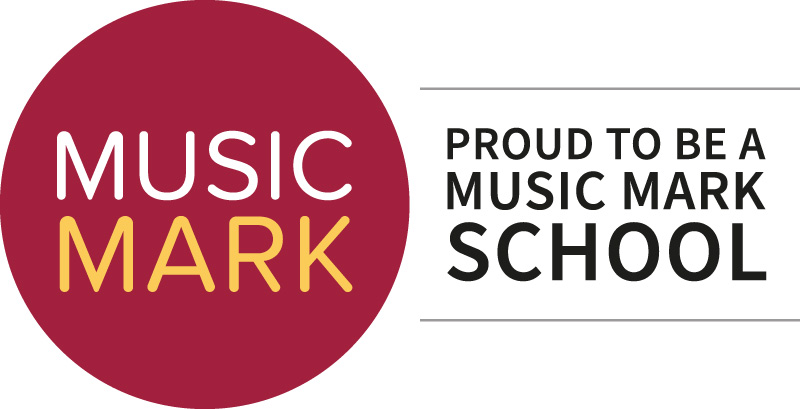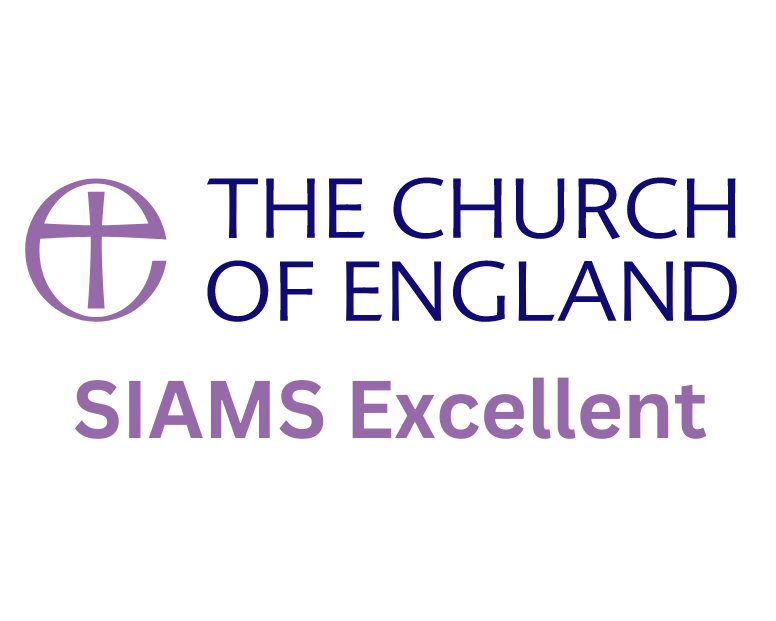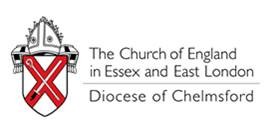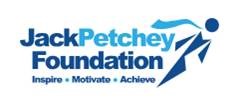Physical Education
What Will I Learn?
Key Stage 3
Year Seven
Autumn
PE Theory: Warming Up and Cooling Down & the Muscular System
You learn the different stages of a warm-up & cool-down, including examples and the benefits. It provides opportunities for you to lead and develop confidence. You will also learn the names and locations of the major muscles.
Spring
PE Theory: Movement Possibilities
Now you understand the names of the muscles and their location, you will explore which muscles work together as pairs to create movement, the scientific name for each movement and how to apply practical scenarios.
Summer
PE Theory: Benefits of Exercise
This teaches you the physical, emotional & social benefits of taking part in activity. Expanding on previous topic by linking to physical benefits to the muscular system and then exploring other ways exercise can improve someone’s life.
Year Eight
Autumn
PE Theory: Health Related Components of Fitness
You will further your understanding being able to define & provide a sporting example for each area of health-related components of fitness.
Spring
PE Theory: Skill Related Component of Fitness
This topic is a continuation of the health-related components with additional key terms.
Summer
PE Theory: Fitness Tests
Once you understand what each component is you then learn how to test each one. You will be able to name the appropriate test and explain how it is conducted.
Year Nine
Autumn
PE Theory: The Skeletal System & Joints
The skeletal system requires you to know the name of the bones in the human skeletal system and the location of them. We also start to add in names of joints linking back to Year 7 by naming the movement in which each joint creates.
Spring
PE Health, Fitness, Performance and Exercise
You will explore the key terms and how each of them impacts on the others.
Summer
PE Theory: The Cardio-Respiratory System
Now you understand how movement is created it is vital you understand the cardio-respiratory system & how it links to performance. You will learn about the different energy systems & will be able to relate these back to different types of activities.
Key Stage 4
Year Ten
Autumn
THEORY: The structure and functions of the musculo-skeletal system
You will build upon your understanding of key terms learnt at KS3 as well as exploring how they relate to practical examples. This topic also allows you to comprehend the sequencing that is required to build knowledge in PE theory.
THEORY: Physical, Emotional, and Social Health and Wellbeing. The consequences of a sedentary lifestyle. Energy use, diet, nutrition and hydration.
Students will reflect on their own lives and create links between lifestyle choices and their positive and negative impacts.
Spring
THEORY: The structure and functions of the cardio-respiratory system
This topic also introduces you to the structure and functions of the cardio-respiratory system, which will also be taught as part of the science curriculum.
Classification of skill. the use of goal setting and SMART goals to improve and/or optimise performance.
This is a standalone topic where you will understand categories of skills and how to improve them which will help to improve practical performances.
Summer
THEORY: Anaerobic and aerobic exercise
You will continue to develop your understanding of anatomy and physiology, including knowledge of the short- and long-term effects of exercise on the human body.
THEORY: the relationship between health and fitness and the role that exercise plays in both.
This new topic which develops fundamental knowledge of the components of fitness, benefits for sport and how fitness is measured and improved.
THEORY: Engagement patterns of different social groups in physical activity and sport. You will analyse the positive impact physical activity can have on different people’s lives. It requires a mature approach in order to make justified opinions.
Year Eleven
Autumn
THEORY:
The principles of training. The long term effects of exercise. How to optimise training and prevent injury. Effective use of warming up and cooling down.
THEORY: Commercialisation of physical activity and sport. Ethical and socio-cultural issues in physical activity and sport. You will learn how the media impacts participation rates as well as an individual’s ethnic and socio-cultural background.
Component 4: Personal exercise programme. Students have learnt the theory knowledge that underpins the coursework unit so now they need to apply it through creating their own training programme.
Spring
THEORY:
Lever systems
You will study planes and axes of movement, looking at how muscles and joints work together.
Planes and axes of movement. You will study planes and axes of movement, looking at how muscles and joints work together.
Component 4: Personal exercise programme. Students have learnt the theory knowledge that underpins the coursework unit so now they need to apply it through creating their own training programme.
THEORY: Revision
Although you will complete exam practice & preparation throughout the entirety of the course this period of time is allocated to focus on identified areas you need to improve.
Summer
Summer Exams / Revision
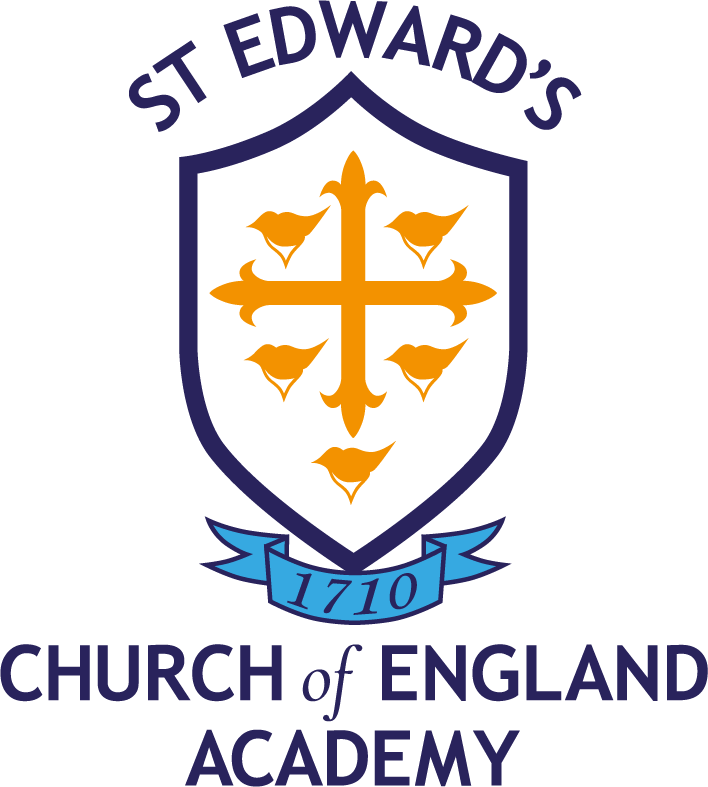
Please read about our Curriculum Intent and the KS3 and KS4 Curriculum Journey which are available in the attachments section on this page. If you require any further information please email pe@steds.org.uk
Header photo credit: <a href=”https://www.freestock.com/free-photos/sports-balls-white-background-1108141″>Image used under license from Freestock.com</a>

